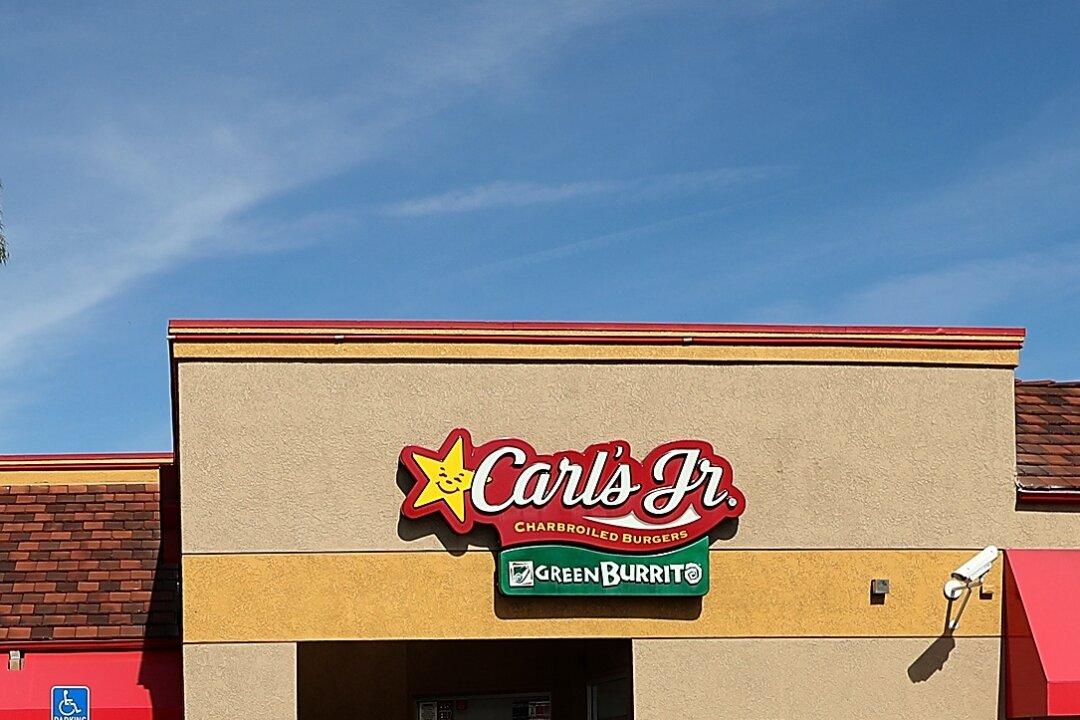An Australian franchisee running 24 Carl’s Jr. restaurants, the American fast-food chain, has been placed into voluntary administration, causing multiple burger restaurant closures.
Big Four accounting firm KPMG has stepped in as the voluntary administrator for CJ’s QSR Group (CJQSR), which operates Carl’s Jr. locations in Australia.





